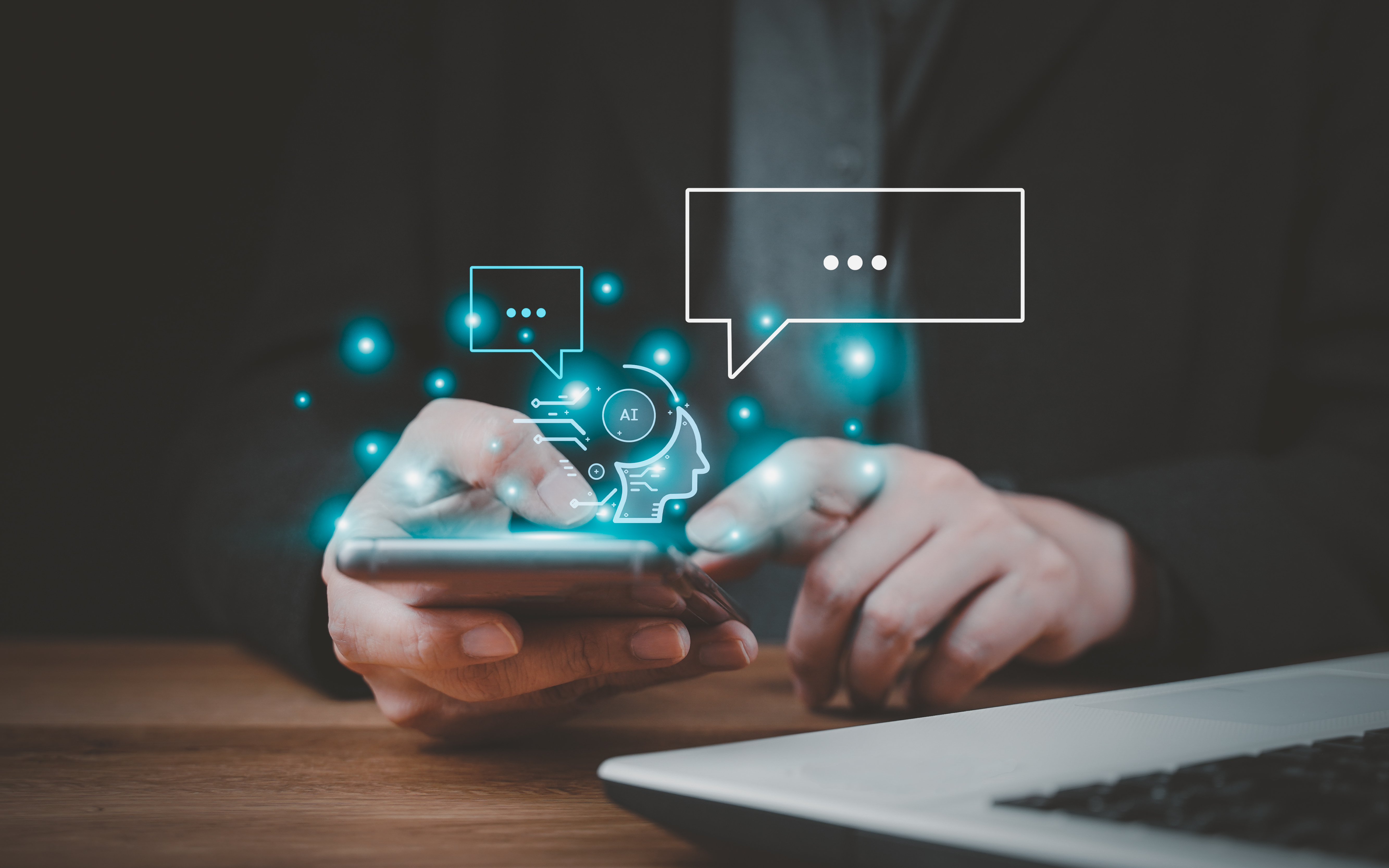April 20, 2023
Auto-GPT: And You Thought GPT Was Revolutionary
Auto-GPT is a new generative artificial intelligence (AI) application in which the AI autonomously “self-prompts” to engage beyond a human-chatbot discussion and into a realm of AI self-prompted task lists and potential actions without the need for additional human inputs. This potentially puts the “traditional” GPT models on a fast track to further reduce human interaction, which again, like we have said in earlier posts, result in expanded use cases and expanded legal and ethical questions.
GPT models typically require a user to provide initial prompts and then successive prompts to evolve a request. Auto-GPT was developed to autonomously recognize next steps and figure out additional prompts without human interaction, through and including even executing on the results to the extent it is allowed (and, maybe even if it is not allowed). For one simple instance, companies looking to use generative AI to organize a webinar may ask a chatbot what steps it should take to plan and prepare for a webinar. The generative AI chatbot will likely respond with a list of steps for the company to consider on how to plan a webinar. Auto-GPT takes this one step further and could, for example, develop a theme for a webinar, identify potential audience members, draft, and send invites, and save a list of RSVPs to the user’s computer, all without additional prompts from a human. It does not take much imagination to think about the potential positive and (very) negative use cases.
With this evolving potential comes excitement, perhaps a little apprehension, and an abundance of new use cases. However, with the evolving technology, concerns related to privacy, security, and bias are elevated to a new level. As with any process, removing another layer of human judgement inherently, to some extent, removes a layer of knowledge and control. While Auto-GPT provides “thoughts,” “reasoning,” and “criticism” to enable transparency and inform the user what the AI is doing and why, it will become ever more important for businesses utilizing this technology to understand how Auto-GPT technologies are using and processing data inputs, the potential for biased results, and how to responsibly leverage these disruptive technologies. Stay tuned for our next blog, expanding on the privacy and security concerns in generative AI technologies.
Our earlier posts on this topic include ChatGPT: The Future May Be Bright, But on What Terms? and AI & IP: What’s the Deal?.
Established in 1897, Nelson Mullins is an Am Law 100 firm of more than 1,000 attorneys, policy advisors and professionals with 32 offices in 16 states and Washington, D.C. For more information, go to www.nelsonmullins.com.

